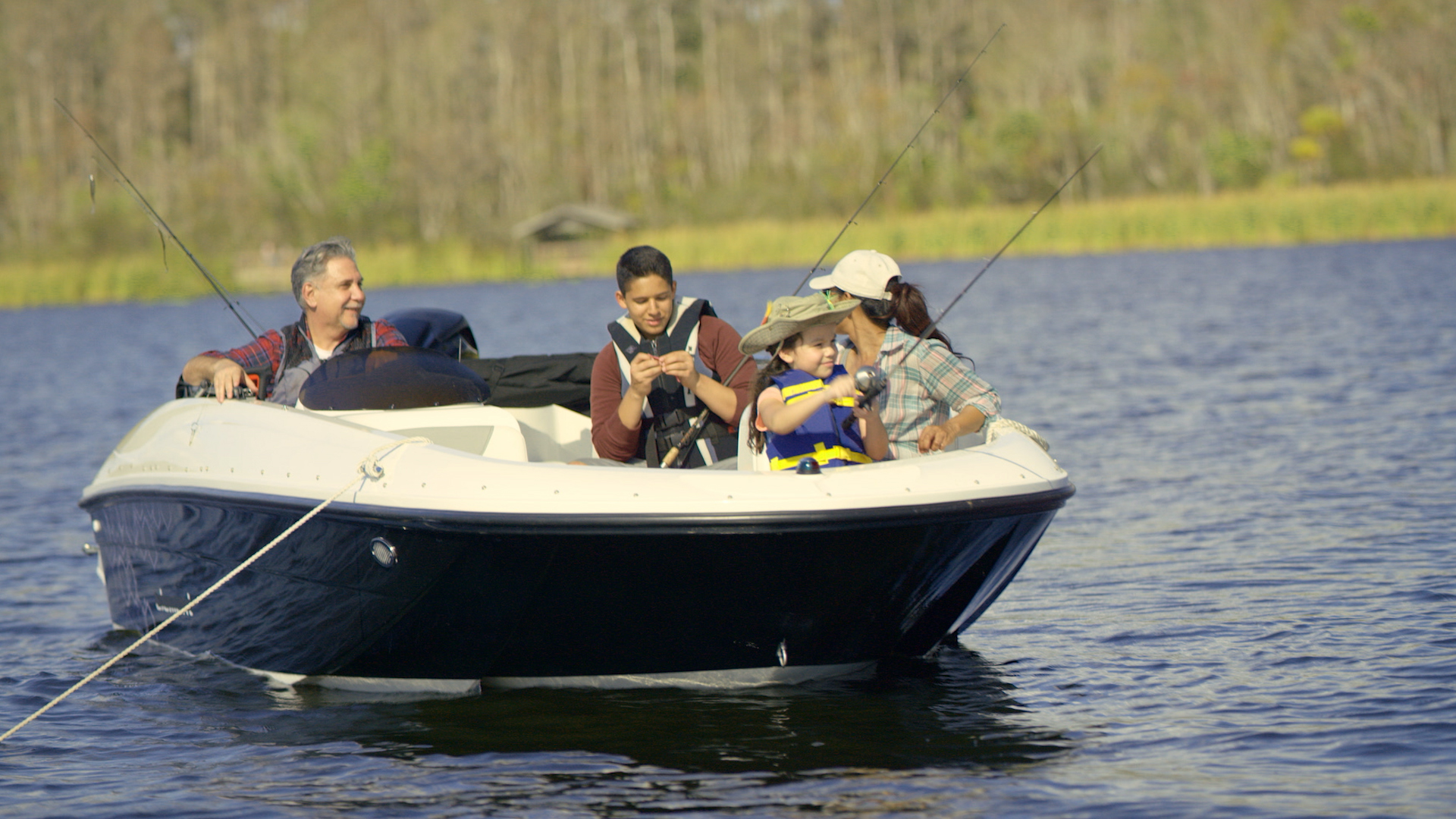Press Releases


“Fishing is a great way for children to spend time outdoors, and we consistently see greater participation in fishing among families with children in the household vs. those without,” said Stephanie Vatalaro, Senior Vice President of Marketing and Communication at RBFF.
ALEXANDRIA, VA (July 11, 2023) – Following a record increase in participation in 2020, Americans continue to find enjoyment, companionship, and peace of mind on the water, according to data from the Recreational Boating & Fishing Foundation’s (RBFF) 2023 Special Report on Fishing. In 2022, 54.5 million Americans ages six and over went fishing, an increase of 4 percent over 2021 and just under 2020’s high of 54.7 million.
As concerns around loneliness and mental health continue to grow, especially among youth and adolescents, fishing and boating provide an excellent opportunity for connection, as the report indicates. Last
year, only 19 percent of anglers typically fished alone, with eight in ten participants choosing to fish in groups of two to five.
Fishing participants ranked spending time in nature, escaping everyday stresses, and spending time with family or friends among the top benefits. In addition to these results, the report provides a comprehensive look at the state of fishing participation in
the U.S., showing:
• 19.8 million women went fishing in 2022, a 40 percent increase over the past decade.
• 4.1 million Americans tried fishing for the first time in 2022, up from 3.7 million new participants the prior year.
• Participation among children ages 6-12 grew by 3 percent to 7.8 million, over one million higher than a decade ago.
• Between 2019 and 2022, the average participation among children ages 13-17 grew by 6 percent annually.
• 5.1 million Hispanics fished in 2022, an all-time high.
“Even after many have regained a sense of normalcy and returned to old routines, people are still choosing to fish and boat,” said RBFF President and CEO Dave Chanda. “With a renewed focus on wellness, fishing, and boating offer an accessible outlet for those looking to unplug, escape the stresses of everyday life, and spend more time with friends and family.”
Eighty-six percent of current fishing participants started fishing before age 12, and 23 percent of those considering but not yet participating in fishing were under the age of 18, which underscores the importance of introducing fishing at a
young age.
“Fishing is a great way for children to spend time outdoors, and we consistently see greater participation in fishing among families with children in the household vs. those without,” said Stephanie Vatalaro, Senior Vice President of Marketing and Communication at RBFF. “Given all the health benefits it can provide, we hope to see more parents spending time with their kids on the water and introducing them to fishing and boating, which can be a positive, lifelong hobby.”
The Special Report on Fishing, an annual report in its 13th year provides an overview of fishing participation in the U.S., including participation numbers among key groups, barriers to entry, reasons for participation, and more. RBFF created the report in partnership with the Outdoor Foundation.
The full report and an accompanying infographic are available at TakeMeFishing.Org/SpecialReport.



